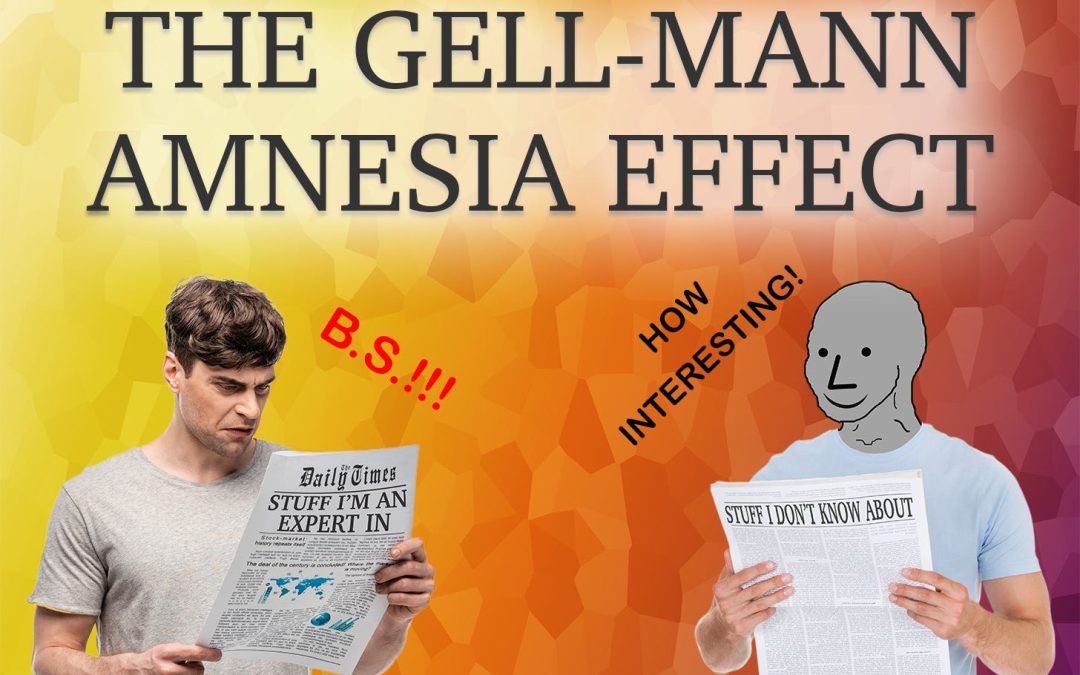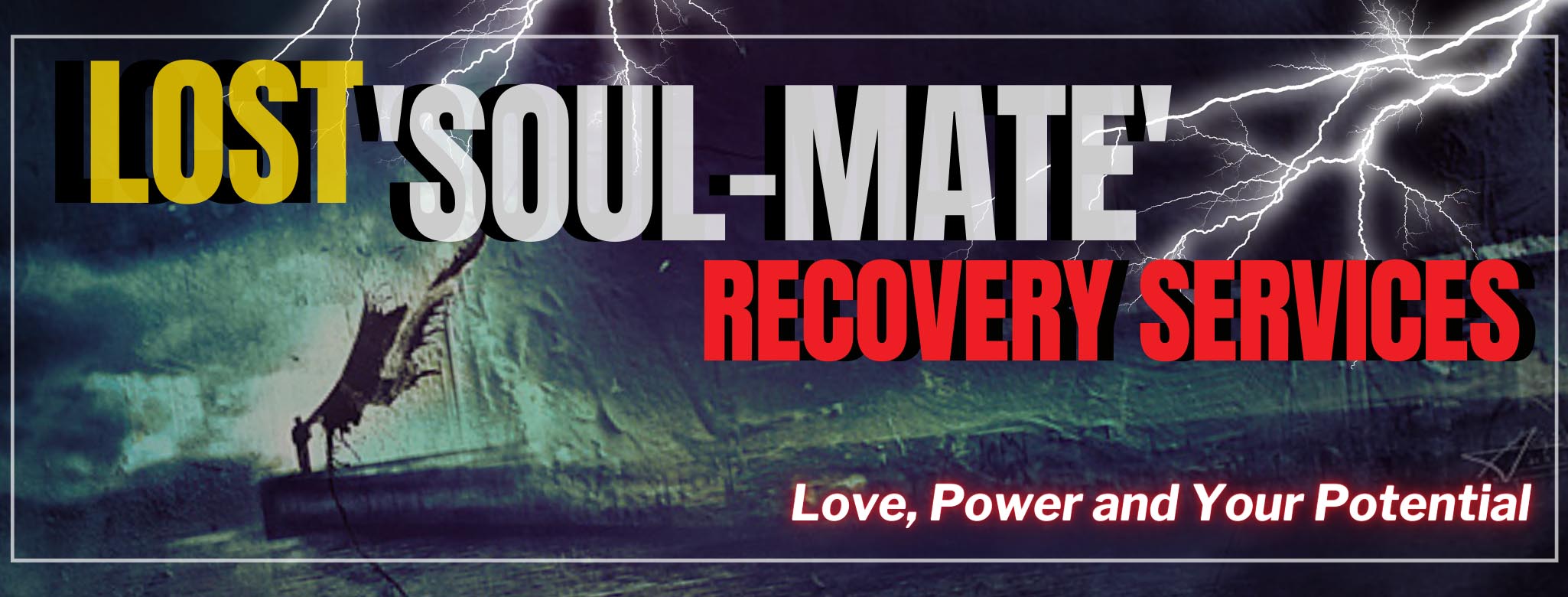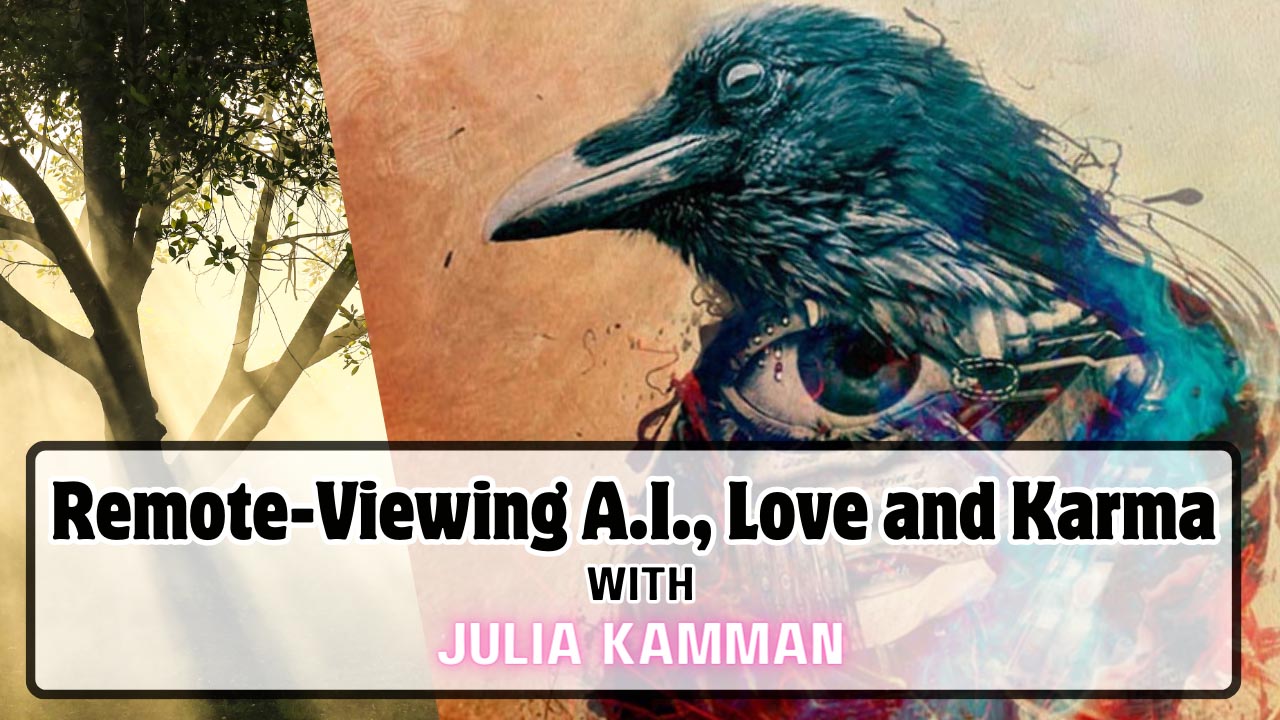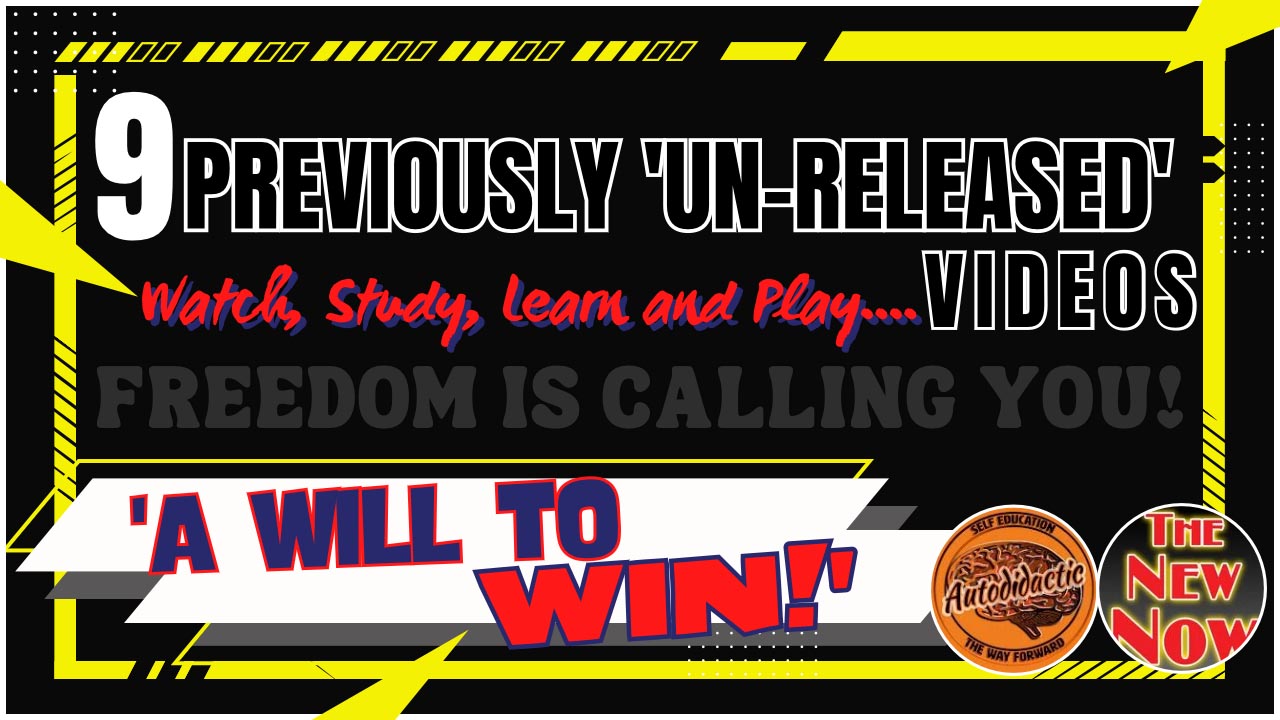The Gell-Mann Amnesia Effect
or, Why idiots continue to trust the media when
they are demonstrably wrong about everything
by James Corbett
corbettreport.com
Have you ever seen a news story about something you yourself have gone through? Or read a magazine article about a subject you happen to be familiar with? If so, then you’ve likely experienced what most people have felt in that situation: anger and bemusement.
“How could that idiot reporter bungle the story so badly?! This isn’t accurate at all!”
As it turns out, journalists often get the most basic facts of the story wrong and freelancers on a deadline tend to falter when they have to summarize in a few paragraphs what others have spent decades researching.
This isn’t surprising. In fact, it’s to be expected. After all, overworked “reporters” and freelance writers usually aren’t experts in whatever arcane subject their editor has assigned them this week. They’re just being paid to churn out some copy on a given subject before moving on to the next piece.
Now, here’s what is surprising: directly after reading this inaccurate, error-riddled report that we know to be seriously flawed, we flip the page, proceed to the next story, forget that these reporters are idiots, and go on more or less taking what we’re reading at face value.
Did you know that this strange amnesia that we all experience—this act of forgetting that allows us to believe what we’re reading so long as it’s not in our wheelhouse—has a name? Well, it does!
And have you ever considered how this phenomenon has been weaponized by the powers-that-shouldn’t-be to get us to believe in nonsense and absurdity? Well, you should!
And have you ever pondered how we can escape this trap? Well, I have!
So, today let’s explore the Gell-Mann Amnesia Effect!
Hey guys, James here. As always, please enjoy the rest of this editorial for free below. However, if you would like to access the full Corbett Report Subscriber newsletter—with a Subscriber Exclusive video chat with video editor extraordinaire Broc West AND a special Christmas discount code for Corbett Report members to buy media at the NewWorldNextWeek.com store for 50%(!) off—then please consider becoming a Corbett Report member today.
The Gell-Mann Amnesia Effect

In a 2002 speech at the International Leadership Forum in La Jolla, California, Michael Crichton—acclaimed bestselling author and noted critic of global warming hysteria—coined a new term: the Gell-Mann Amnesia Effect.
The effect is named for American theoretical physicist Murray Gell-Mann, and this is how Crichton described it:
Briefly stated, the Gell-Mann Amnesia Effect works as follows. You open the newspaper to an article on some subject you know well. In Murray’s case, physics. In mine, show business. You read the article and see the journalist has absolutely no understanding of either the facts or the issues. Often, the article is so wrong it actually presents the story backward—reversing cause and effect. I call these the “wet streets cause rain” stories. Paper’s full of them.
In any case, you read with exasperation or amusement the multiple errors in a story—and then turn the page to national or international affairs, and read with renewed interest as if the rest of the newspaper was somehow more accurate about far-off Palestine than it was about the story you just read. You turn the page, and forget what you know.
In short: when we actually possess expertise in the subject under examination, we almost invariably find media representations of that subject are lacking at best and outright lies at worst. But, for some reason, once we turn the page or flip the channel, we go right back to believing that the other journalists and authors out there actually know what they’re talking about.
So why does Crichton name the phenomenon after Murray Gell-Mann? Well, you’ll have to read his whole speech for the answer to that query. But, while the term “Gell-Mann Amnesia Effect” is original to Crichton, it should be noted that the concept itself has been described before.
Take “Knoll’s law of media accuracy,” for example—attributed to American journalist Edwin Knoll—which states that “everything you read in the newspapers is absolutely true, except for the rare story of which you happen to have firsthand knowledge.”
Or we could go even further back, all the way to Thomas Jefferson, who wrote in a letter to John Norvell in 1807:
Nothing can now be believed which is seen in a newspaper. Truth itself becomes suspicious by being put into that polluted vehicle. The real extent of this state of misinformation is known only to those who are in situations to confront facts within their knowledge with the lies of the day.
But wherever the insight originated, we all know it from experience to be true. And, if we’re being honest, we are all guilty of this amnesia from time to time. Yes, even me.
You see, in an effort to keep informed of NPC talking points and perspectives, I do from time to time listen to normie podcasts, read normie publications and even watch normie programs. Recently, having followed the thread from Tom Holland’s informative book, Dominion: The Making of the Western Mind, I began listening to Holland’s decidedly less informative podcast, The Rest is History. Along with co-host Dominic Sandbrook, Holland attempts in each episode to summarize some major event in (mainstream) history, from the fall of ancient Rome to the rise of modern China (and seemingly everything in between).
As is to be expected in a podcast hosted by two mainstream historians, any hint of conspiracy reality or anything that would fundamentally challenge orthodox historical claims is immediately dismissed, often in mocking terms. And, inevitably, those podcasts that specifically deal with conspiratorial subjects (like the series on the mystery of the Cathars) quickly devolve into an exercise in regurgitating textbook-approved history and denouncing conspiratorial fantasy.
Having recently plunged myself back into the endless, bewildering maze of information about the JFK assassination for my recent JFK Lancer presentation on JFK: From Mongoose to Gladio, I find that I have to listen to editions of Holland and Sandbrook’s latest podcasts on the JFK assassination with eyeballs securely fastened so they won’t roll out of their sockets.
For a pair of “professional” historians, it is truly staggering how glib, misleading and often downright inaccurate their summarization of the assassination is. They gloss over points that would require entire book-length manuscripts to properly flesh out, dismiss entire avenues of exploration with arguments from incredulity and other fallacious reasoning, ignore fields of study that actual assassination researchers have in some cases spent their entire careers examining, and present self-evident lies as indisputable truths. (Did you know, for instance, that Jack Ruby shot Oswald because he was so torn up about the thought of Jackie having to testify at Oswald’s trial?)
Of course, a moment’s contemplation helps me to realize that I am only picking up on the sheer absurdity of this particular podcast series because I happen to be particularly knowledgeable about the topic being examined. In editions of their podcast dealing with subjects in which I am not as well versed—like the one about the construction of the Taj Mahal, for example, or the one dealing with Viking sorcery—I am more likely to accept Holland and Sandbrook’s dates, claims and citations as fact, even if I am wary of their interpretations of those facts.
Yes, we are all privy to this same amnesia effect. Our credulity when consuming media is, at least to some degree, in inverse correlation to our knowledge of the subject at hand.
In fact, anyone who thinks they are immune to this effect has obviously not taken my Mass Media: A History online course and thus is likely ignorant of the research of Herbert Krugman and Tony Schwarz and others, who have demonstrated that the mass media (and especially electronic media) are able to bypass our conscious reasoning processes and effect us on a subconscious level before we even know what we are perceiving. Our subconscious brain takes what we are seeing (or reading) more or less at face value unless and until our conscious brain actively questions that material.
“So what?” you might be saying. “Why does any of this matter?”
Well . . .
Why It Matters

OK, so people are gullible idiots. What else is new?
Well, one problem with the media is that even if you are aware of the idiocy of the average reporter, your friends aren’t. And we only have to look at the disintegration of so many friendships and family relationships over the course of the scamdemic to realize how corrosive it can be when our friends, coworkers, neighbours and loved ones fall for media manipulations.
But even for those of us who are aware of the media’s incompetence and mendacity, it’s still all too easy to take what we’re seeing or reading at face value.
Take this recent New York Times editorial, for instance: “The Startling Evidence on Learning Loss Is In.”
The evidence is now in, and it is startling. The school closures that took 50 million children out of classrooms at the start of the pandemic may prove to be the most damaging disruption in the history of American education. It also set student progress in math and reading back by two decades and widened the achievement gap that separates poor and wealthy children.
Wow! Is The New York Times really admitting that the very policies they were advocating for the last few years are an unmitigated disaster? What a victory!
Of course, the media-savvy conspiracy realists in the crowd will point out that the op-ed writers predictably take the exact wrong lesson from this story. Specifically, the NY Times gang predictably opines that, in order to right the wrongs of the scamdemic, governments need to dump even more money into their indoctrination systems and make sure children receive even more government schooling. The manipulation here is obvious, isn’t it?
But wait, it gets worse! After all, who stops to even question the framing of the story: that no one could have known that closing down schools, masking up kids, forcing children into “Zoom” classes (and even Zoom lunches) and otherwise abusing the youngest and most vulnerable members of our society was going to be detrimental to the social and mental development of an entire generation.
Who could have seen this coming? Well, how about those parents who tried their damndest to protect their children from this insanity? Those guardians who strove to carve out a space of normality for children during the insanity of the scamdemic? Those heroes who fought to guard the children’s bodily autonomy from the forced medical interventions of the biosecurity state? You know, the people who, while all of this child abuse was unfolding, were mocked, ridiculed and persecuted—by the very same NY Times op-ed writers and their credulous readers.
Strangely, though, that whole saga gets memory-holed by the NYT crew. Instead, they get to pretend that they’re “Shocked! Shocked!” to discover that there are adverse consequences to locking down society for years at a time. And, sadly, most people reading this “Startling Evidence” op-ed won’t even think to question it.
This is how the media can weaponize the Gell-Mann Amnesia Effect. They can frame an issue however they want, completely disregard reality and even directly contradict positions they previously advocated. Most people—forgetting that the lying liars of the dinosaur media are wrong about everything all of the time—won’t even bat an eyelid.
Once we have understood and internalized this lesson, then there’s only one more question left to answer: how can we counteract this effect?
The Radical Act of Remembering

So, how do we counteract the Gell-Mann amnesia that turns us into unwitting media zombies? By remembering, of course. Easier said than done, obviously, but that’s the gist of it.
Every time we open the newspaper, every time we turn on the TV, every time we flip on the radio, we must retain at the forefront of our conscious awareness that what we are reading/seeing/hearing is an enemy propaganda transmission. It is, at best, inaccurate drivel written by incompetent boobs and, at worst, malicious lies designed to mislead us on issues that matter. We cannot accept anything they say at face value, and we have to enter into every mediated experience fully prepared to disbelieve the known, proven liars of the mockingbird dinosaur media—even if they tell us that the sky is blue and water is wet.
Whenever we hear from Walter Cronkite or one of his spiritual successors in the modern corporate media, we should bear in mind that that spirit once inhabited the owl of Bohemian Grove and bragged about sitting at the right hand of Satan in his quest for world government.
Every time we see Dan Rather (or his modern day equivalent), we should have “his head could be seen to move violently forward” on infinite repeat in our mind.
Whenever we hear from the Wolf Blitzers of the world about the latest war atrocity committed by this or that enemy of the US State Department, we should have the footage of his interview about the Gaddafi viagra rape story overlaid with the circus clown song playing in the back of our head.
But, if we do seriously engage in this exercise and we take this radical remembering to its logical conclusion, we end up with an even more radical conclusion: namely, that the proper way to acknowledge the ignorance, incompetence and dissembling of the dinosaur media is to stop consuming it altogether.
As Crichton explained in his 2002 speech:
That is the Gell-Mann Amnesia Effect. I’d point out it does not operate in other arenas of life. In ordinary life, if somebody consistently exaggerates or lies to you, you soon discount everything they say. In court, there is the legal doctrine of falsus in uno, falsus in omnibus, which means untruthful in one part, untruthful in all.
But when it comes to the media, we believe against evidence that it is probably worth our time to read other parts of the paper. When, in fact, it almost certainly isn’t. The only possible explanation for our behavior is amnesia.
[. . .]
Personally, I think we need to start turning away from media, and the data shows that we are doing just that, at least from television news. I find that whenever I lack exposure to media I am much happier, and my life feels fresher.
Amnesia, indeed.
Me? I’m off to not watch the so-called “news” by the known liars of the MSM. How about you?
 https://cultivateelevate.com/antioxidant-trio-6mix-dragons-blood-pearl-powder/?ref=2bfG3v4vqhqnIp
https://cultivateelevate.com/antioxidant-trio-6mix-dragons-blood-pearl-powder/?ref=2bfG3v4vqhqnIp





















